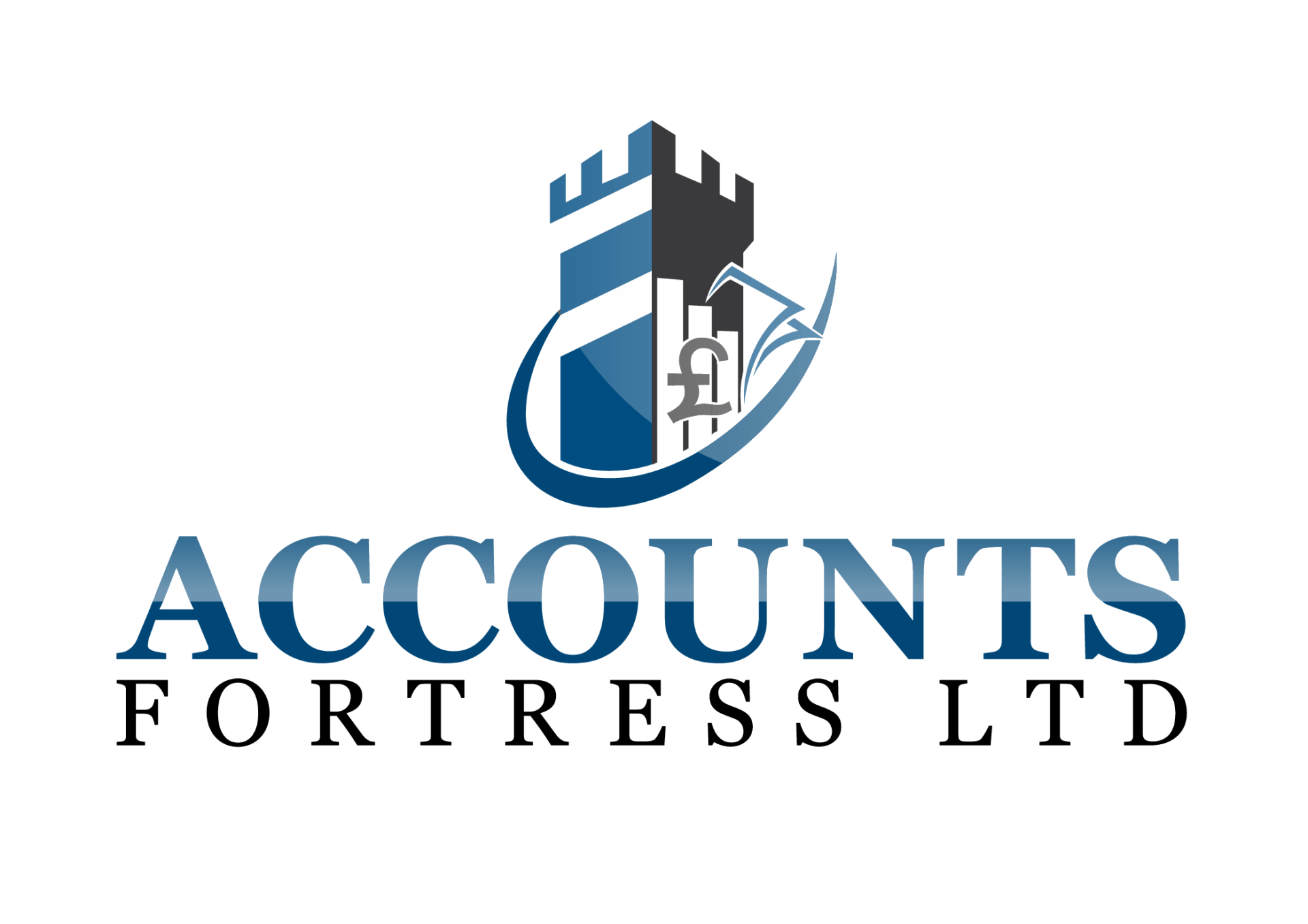Self Assessment and Personal Tax Accountants
The Basics of Self Assessment Tax
To simplify self assessment, you can think of it not as a tax, but as a means of paying tax. If you are liable to submit a self assessment tax return on your personal income, you will need to submit an SA100 yearly. Utilising self assessment means that you are responsible for completing your tax return each year. Essentially, you are declaring your personal income and capital gains, but also claiming for any applicable reliefs and allowances. This is submitted to HMRC, who will assess how much tax you are liable to pay.
It is important to note that not everyone in the UK will be due to complete a self assessment tax return. For instance, if you are employed, the chances are high that you are paying Pay As You Earn (PAYE) tax. Self Assessment is generally for the self employed, partners in partnership businesses and trustees or executors of estates.
Preparing for Self Assessment Tax Returns
To explain it further in depth, there are also a few additional instances where you may be liable to submit a self assessment tax return. These would include if you are a company director who is not taxed under PAYE. Additionally, if you have any untaxed income, for instance interest that is not taxed before paid to you, or rental income. Furthermore, if you receive an annual income from a trust or settlement, or even an income from an estate or a deceased person. Foreign income will also be generally liable for additional tax, with certain exclusions.
Non-residents will need to submit the self assessment, should they have taxable income in the UK. This includes non-resident UK landlords. There are further requirements from HMRC which pertain specifically to savings and investments, child benefits, claims for expenses and certain capital gains. Accounts Fortress can help you to determine if you are required to complete a self assessment tax return.
Important Deadlines to Take Note Of
There are various important deadlines to be aware of throughout the self employed and self assessing individuals tax year. Some of the most common filing deadlines include the first filing of accounts with Companies House, which is due 21 months after you first register with Companies House. Additionally, filing your annual return with Companies House has to be completed 9 months after your company's financial year end. April is also an important month to be aware of since this is the end of the previous tax year. In April, individuals who are liable to submit self assessment will receive a notice to state that they must file a tax return.
31 January following the end of the tax year is the deadline for all online returns to be submitted. Missing this deadline will result in paying a penalty, regardless of whether you have no tax to pay or have already paid your tax. There are many other deadlines to be aware of that pertains specifically to various factors.
A Stress-free Tax Season is Achievable
With Accounts Fortress on your side, you can finally have a stress-free tax season! Our small business expert accountants will make sure that every possible record and declaration is submitted to HMRC on time. No need to wonder who the best tax accountants in Kent are any longer. With our help, we will ensure that you are tax season ready, throughout the tax year. No more scrambling before each deadline to make sure you are where you need to be. Our accounting services help you to stay prepared well ahead of your deadlines.
If you would like to find out how Accounts Fortress tax accountants can help you with your personal tax and self assessment, get in touch with us today. Our aim is to take the stress out of your submissions. It is not without good reasons that Accounts Fortress are trusted bookkeepers and small business accounting experts.
Interested in our services? We’re here to help!
Get in Contact
Contact Us
We will get back to you as soon as possible
Please try again later
Accounts Fortress Ltd. © All rights reserved
Powered by Taking London
